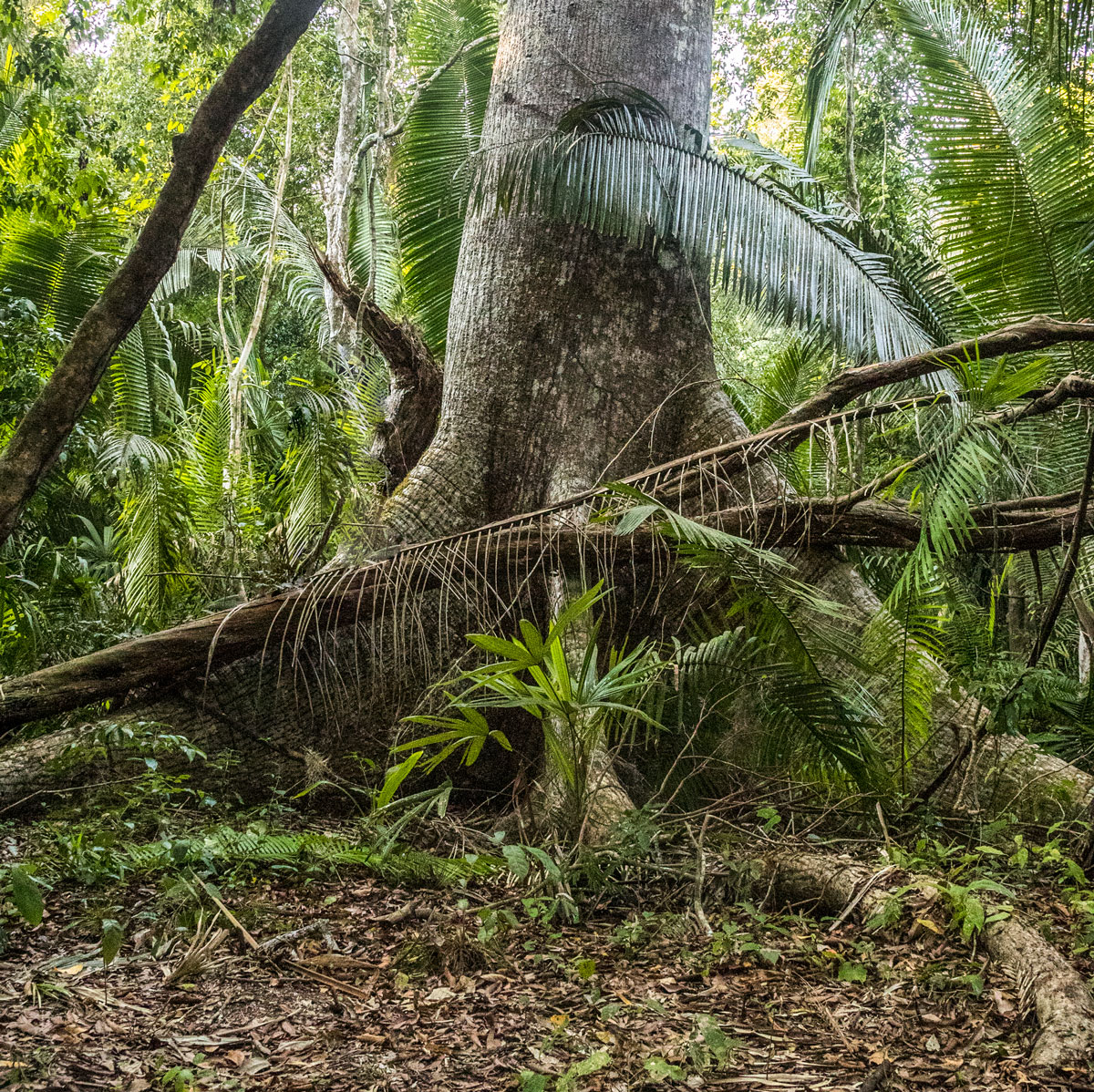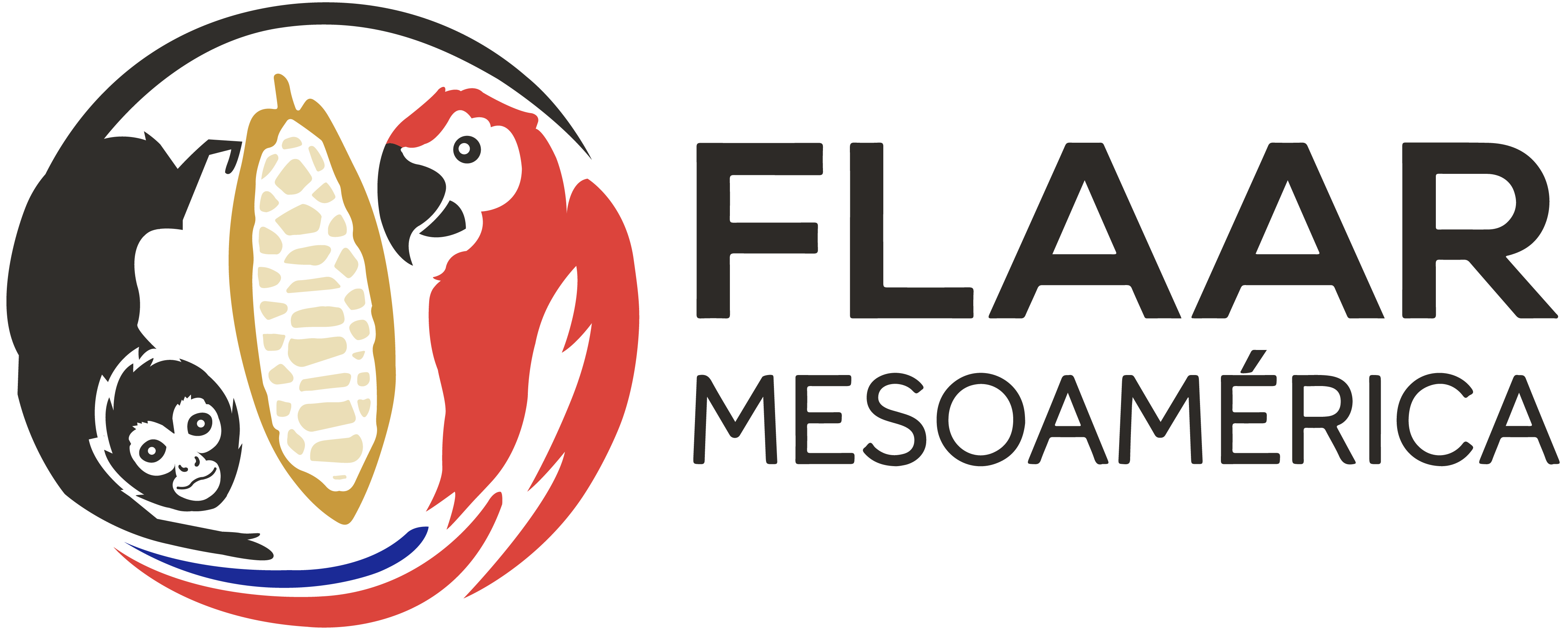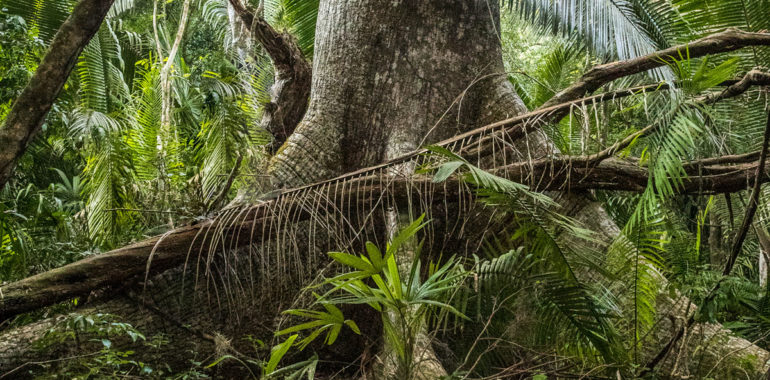Without the soil, plants would not grow and provide food for many animals and for humans too. Without it, the biogeochemical cycles (carbon, nutrients, and water) would not occur and support entire ecosystems. I’m talking about the soil which sometimes is underestimated, and probably, we haven’t realized how important is its conservation for our existence.

We understand by soil the different layers of organic or non-organic material that make up the Earth’s crust. It may be covered by water (as in the aquatic ecosystems) or not (as in the common land we inhabit). Also is the final product of the disintegration and decomposition of a rock on the earth’s surface as a consequence of its exposure to atmospheric agents and/or biological agents, through a process known as weathering. According to UNICEN (2011), This process can take between 100 and 1000 years to form 1 cm3 of soil.
Unfortunately, it is currently a non-renewable resource, so the loss of soils is one of the main environmental problems worldwide. Its conservation is considered of vital importance to ensure that ecological, climatological, and hydrological factors, social, economic, and cultural interactions with each other, using soils in a sustainable way.
The Food and Agriculture Organization of the United Nations (FAO) in 2015, indicated that in Mesoamerica 26% of soils have some type of degradation due to poor management, and 14% of global soil degradation occurs in Latin America. The main causes identified are unsustainable land use and management practices, leading to erosion, salinization, compaction, acidification, and contamination of the land by chemicals. Population growth also forces the reduction of hectares for agricultural lands. This fact supposes the constant pressure on the productive potential of the soils, as well as of the natural resources in general. Extreme climatic changes are representing a threat too.
In Guatemala, 51% of the land is for forestry, but the country has become an eminently agricultural area. This change in land use causes erosion, mainly due to the rains, which due to the effects of climate change, are short-lived and of greater intensity, whose currents drag large amounts of eroded land into rivers, seas, and streets. Monoculture also influences soil degradation because, through this practice, sowings permanently extract the same nutrients from the soil. It is estimated that the national average of soil lost reach 149 million tons per year in Guatemala, which represents an estimated monetary value of 727 million quetzales. (Leiva, 2016)

So, the soil is one of the most precious natural resources we have and it is also associated with different ecosystem services (Smith, et al, 2015) such as:
- Provisioning services: Physical products obtained from ecosystems including food, raw materials, fresh water, minerals, medicinal resources, energy (biomass feedstocks including biofuels, wood, and charcoal), and ornamental resources.
- Regulating services: Benefits obtained from the regulation of ecosystem processes like carbon sequestration, climate regulation, and waste decomposition.
- Supporting services: Ecosystem services that are necessary for the production of all other ecosystem services which are the soil formation, nutrient cycling, water cycling, primary production, and habitat for biodiversity.
How can you contribute to soil conservation?
The best you can do, if you are not a farmer and you can’t contribute directly to soil conservation, is to research where your common food comes from because many of them are being grown under non-eco-friendly practices. Try to buy local and support local farmers, most of them implement good practices for their crops, which also will help your local economy and will be healthier for you too. Finally, share this information with your family and friends and everyone to create awareness and take care of the planet.
July the 7th is the International Soil Conservation day aiming to educate the world population about the importance of the soil for humans and terrestrial ecosystems. So, the next time you eat fresh fruits and vegetables think about the soil, which makes it possible to bring them to you.
To learn more about the natural resources on Mesoamerica visit our websites:
www.maya-ethnobotany.org
www.maya-ethnozoology.org
www.maya-archaeology.org
Blog prepared by Vivian Hurtado, FLAAR Mesoamerica

